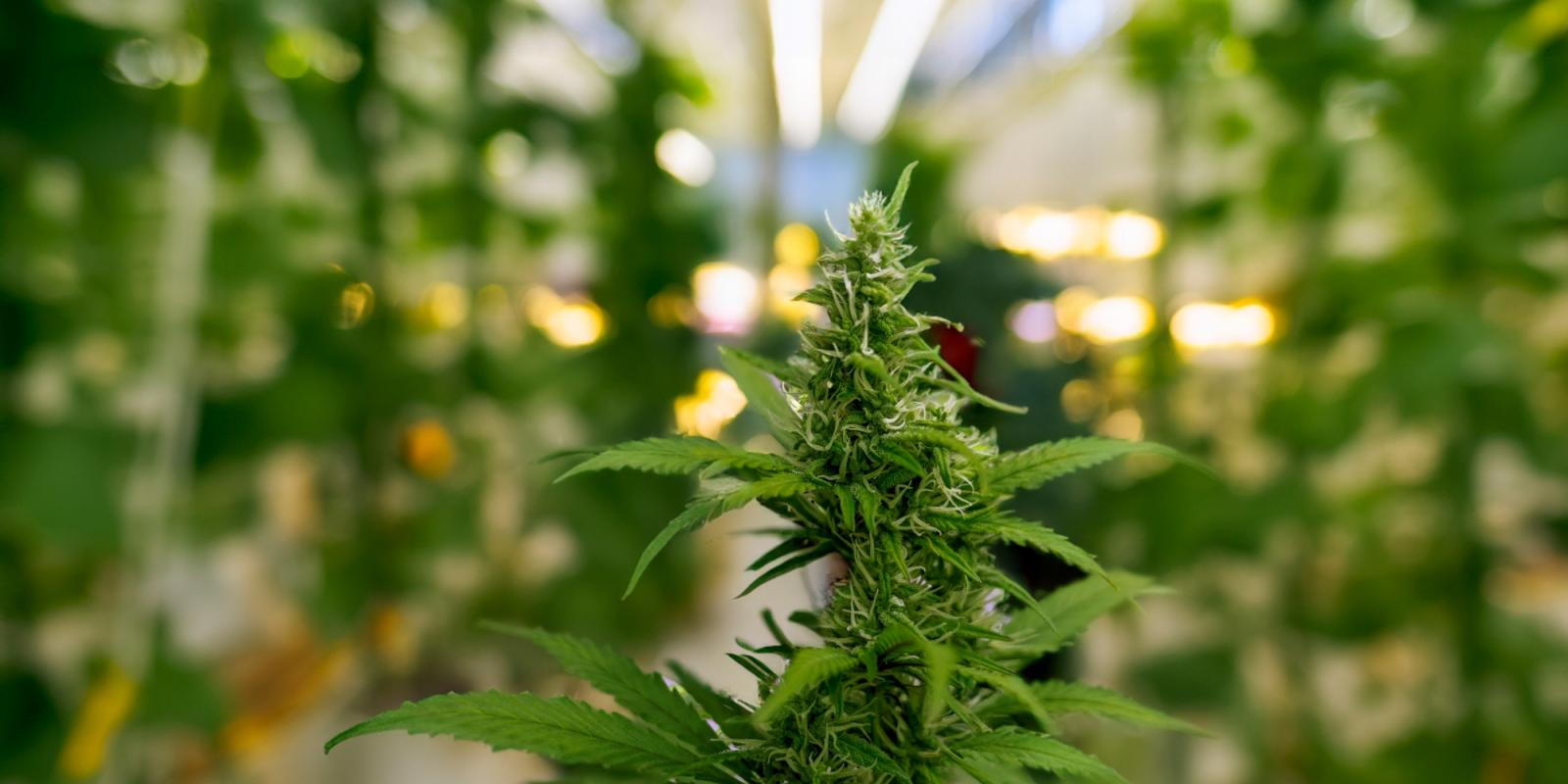A long-time sufferer of back pain, Samantha had tried doctors, physical therapy and prescription medication, but nothing made much of a difference except pain pills, which left her woozy. On one warm summer day, she stopped at a farmer’s market to pick up groceries. After conversing with a friendly woman standing in front of a table, she noticed the pretty display was of “Natural CBD Products.” Swayed by the word “natural,” Samantha decided to try the product for her pain, which the vendor assured her would be resolved.
That night, Samantha tested the product, but rather than ease her pain, she felt dizzy and uncomfortable for hours, finally fell asleep, and vowed never again to try anything without first consulting with her doctor.
Cannabis Use in United States
The Drug Enforcement Agency (DEA) categorizes Schedule I drugs as those with no evidence of medical use and a high potential for abuse. Schedule I drugs include heroin, LSD, peyote, ecstasy, quaaludes and marijuana. While the Federal Government placed marijuana products into this category in 1970, as of 2024, 24 states and the District of Columbia have legalized marijuana for medical or recreational purposes.
A study by The Pew Research Center found that U.S. adults largely support legalization of marijuana for medical and/or recreational use, with only 11% saying it should not be legal in any form.
Older adults remain reluctant to talk to their healthcare providers about cannabis use.
A 2023 Gallup poll found that 70% of adults expressed support for legalization. A 2022 National Survey on Drug Use and Health found that 50.3% of U.S. adults say they have used marijuana, although only 23% said they used it in the past year. The CDC addresses concerns about cannabis use by people with developing brains (infants, children, and teens) and pregnant women, and mentions effects on heart health.
A 2021 University of Michigan study found that 1 in 8 older adults (ages 50 to 80) in the past year consumed a product containing THC, the main psychoactive component of cannabis, including in edibles. As the demographic most likely to have chronic disease, suffer pain, etc., older adults are a population who could reasonably be expected to have considerable interest in, and explore the potential benefits, of cannabis.
Lack of Information on Cannabis Use for Older Adults
However, there is a dearth of information to help older adults with questions about the use of the growing variety of products. Due to the lack of federal buy-in, only a limited amount of cannabis research is federally funded. The National Academies of Sciences, Engineering and Medicine states that the medicinal benefits of cannabis are largely unknown. Limited evidence-based research means that what is available instead is biased information and marketing. Cannabis’ federal status also means that it is not taught in medical school nor discussed by the American Medical Association.
So, where does one start to look for reliable information? As Samantha discovered, not from a farmer’s market vendor.
To address this problem, Catherine Bilinski and Mia Colby, students in a graduate Digital Health course at Tufts University School of Medicine, explored what older adults interested in cannabis and related products need and designed a multiplatform solution (website, tablet or app) called “GreenPages,” which personalizes user recommendations and information on marijuana and CBD use. After answering a 10-question quiz, users receive a “GreenPage,” which includes tailored recommendations and information on the product type suggested, along with local legalization information. “GreenPages” was designed in collaboration with AARP, whose monthly magazine had one of the most widely read articles ever on marijuana.
Interviews the students conducted pinpointed the number of questions older adults have about these widely advertised products, as well as acknowledged the lack of available credible resources. The interviews uncovered a reluctance in older adults to talk to their healthcare providers about cannabis use, whether it be discomfort with the discussion, lack of confidence in their provider’s input, or embarrassment about the topic.
While unfortunately “GreenPages” never progressed beyond the prototype stage—yet—designing it, and hearing stories like Samantha’s, highlight the need for education. They further highlight the need for personalized answers to questions such as, “Can this help me? “Which product should I try?” and “How much do I take?”
Lisa Gualtieri, PhD, ScM, is an associate professor in Public Health and Community Medicine at Tufts University School of Medicine and teaches at the Harvard T.H. Chan School of Public Health and in the Master of Science in Health System at Cedars-Sinai. Catherine Bilinski, MBA, MS, BSN, RN is a nurse informaticist and a graduate of Tufts University School of Medicine.
Photo credit: MR. Yanukit













